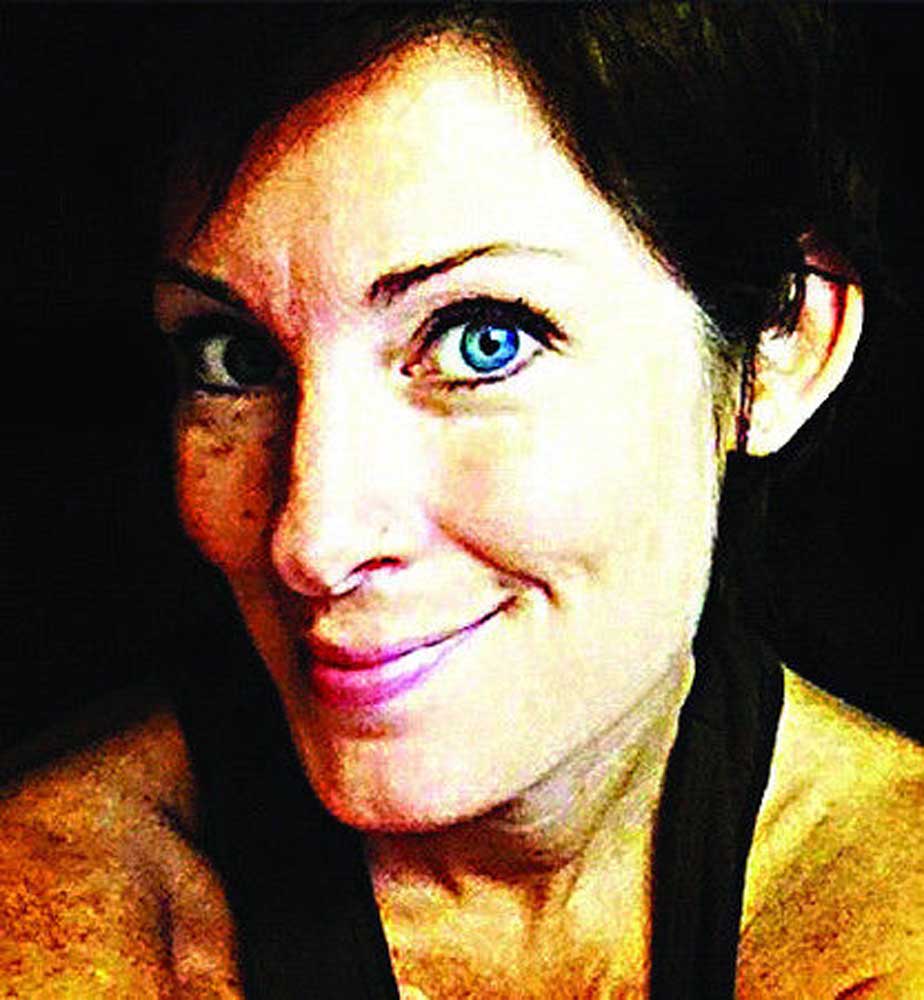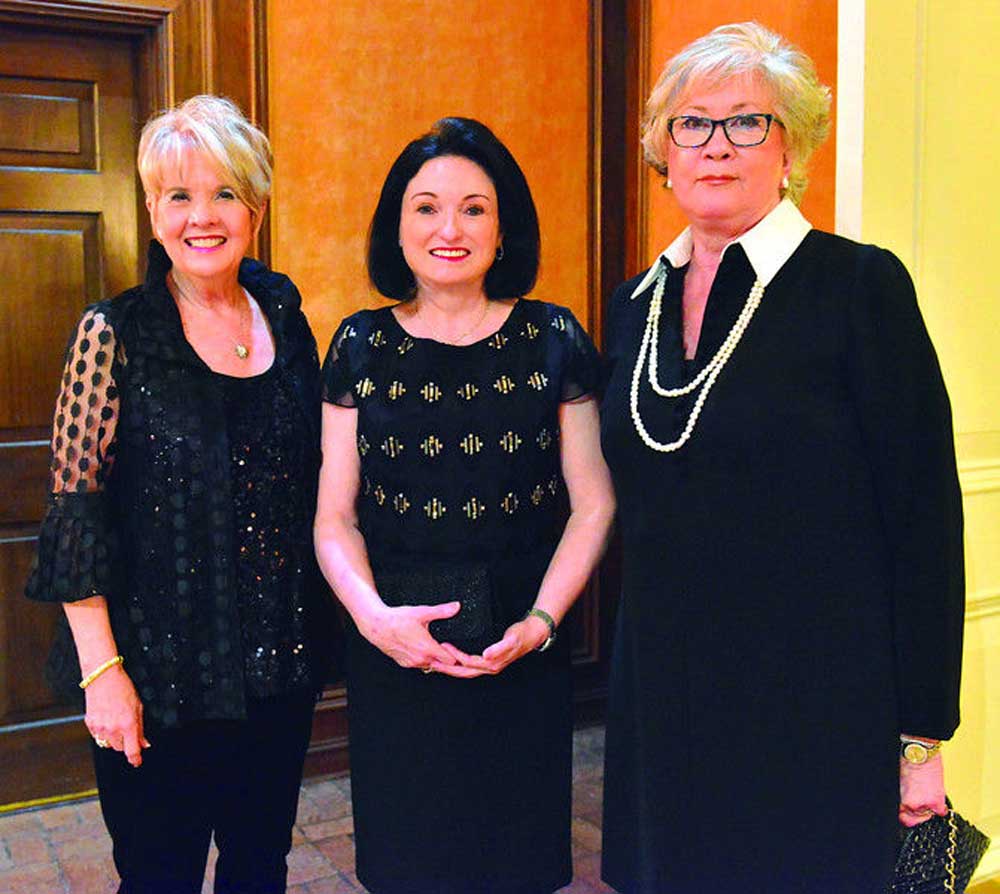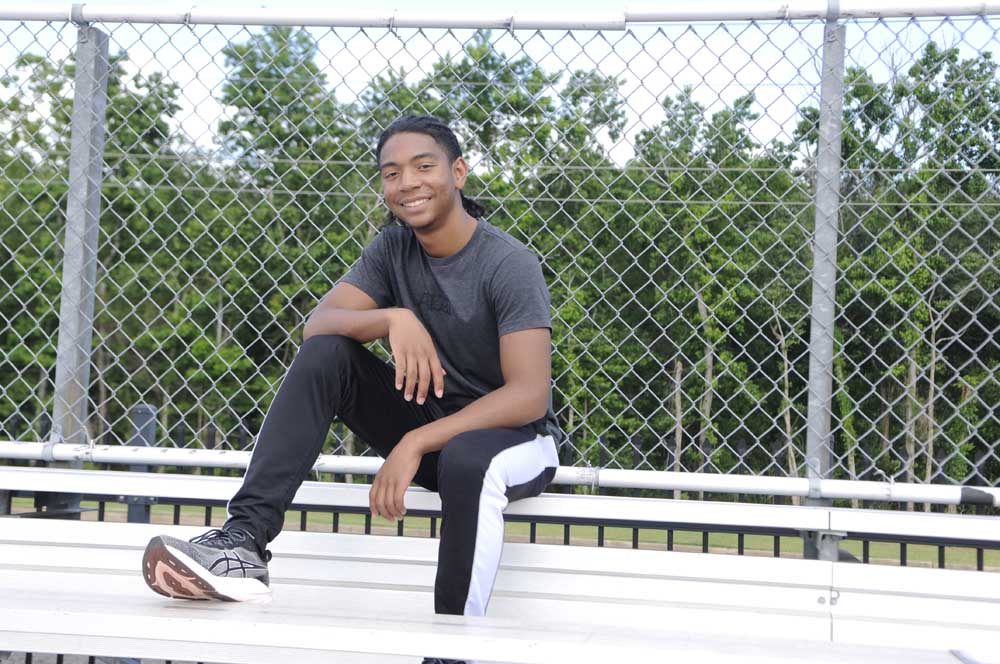Don’t be too quick to judge others before knowing their story
Published 10:30 am Thursday, April 17, 2014

- Beth Lytle
The sales clerk kept telling me which candles I should smell.
“Try this one,” she said. “It’s really good.”
I wanted to be left alone with my sniffing, to take my time, to make up my own mind about which fragrances were “really good.”
But she kept pushing them at me.
When she rang me up at the cash register – with, I admit, a candle she recommended – she bumbled the transaction and had to call another clerk to reset the register.
“My mind,” she sighed with exaggerated exasperation, “it just skips all over the place sometimes.”
I absently concurred, in the vague way that people do.
“I understand,” I said.
And she snapped at me, “No. You don’t.”
Since my head was down, rummaging in my purse, she couldn’t see my eyebrows lift, but maybe she felt my already-discontent energy recoil.
Though I didn’t say anything out loud, I silently conceded that, as abrasive as her comment was, it was true. I really had no understanding of this person’s situation.
“I’m sorry,” she said, less harshly. “I didn’t mean to sound ugly. Maybe you’ve had four brain surgeries, too, and know exactly what it’s like.”
Now she had my full, open attention.
“Wow. I guess you do have a reason.” I said. “Um, how are you now?”
She said that it was hard, uncertain, confusing.
Her face began to crumple, and I reached out to squeeze her arm.
“That must be really frustrating for you,” I said.
“It is,” she replied
She nodded, chin quivering, and handed me my change.
I thanked her sincerely for her help and went on my way, heart thumping with the reminder of how quickly everything we assume and feel can shift to something completely different.
Beth Lytle is a Flint resident and regular contributor to YES!







